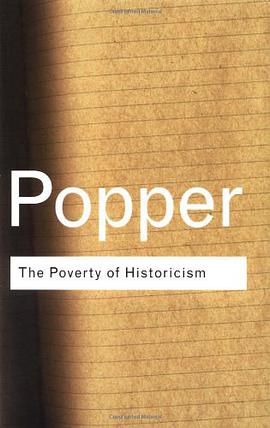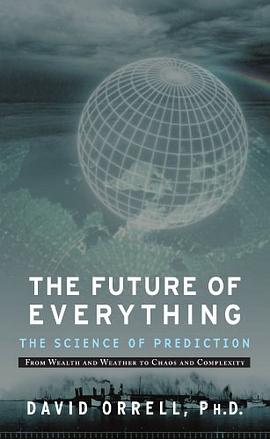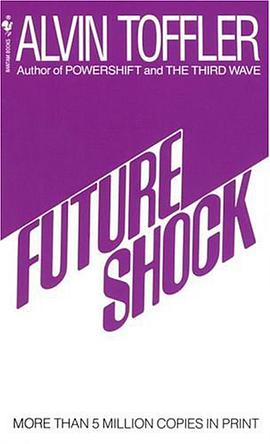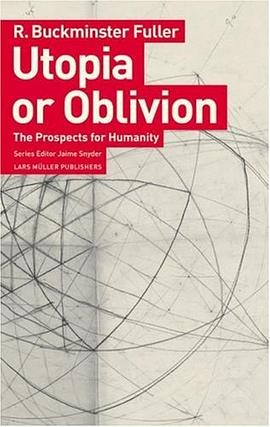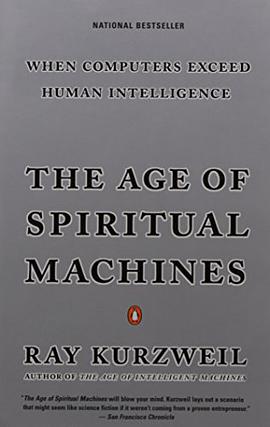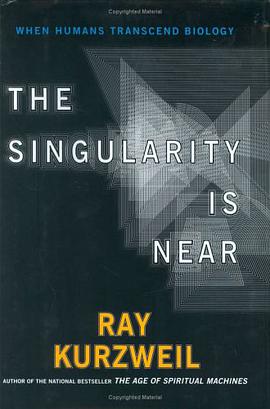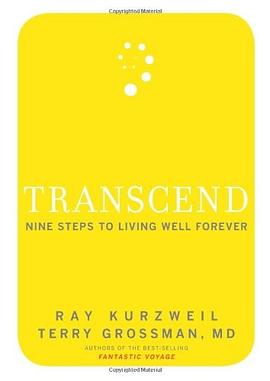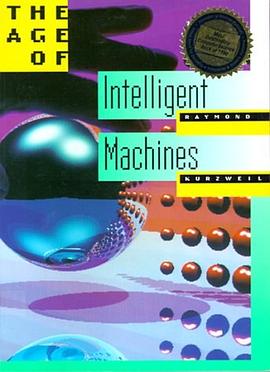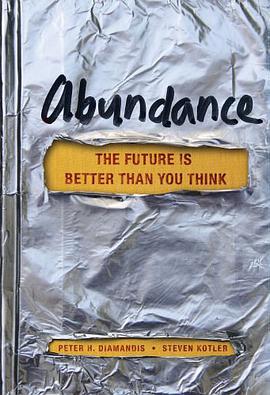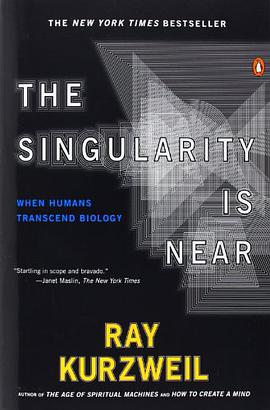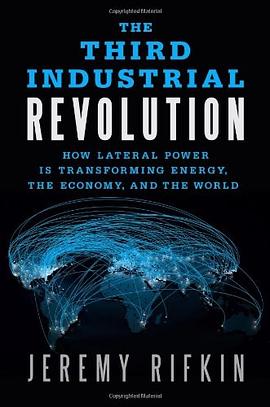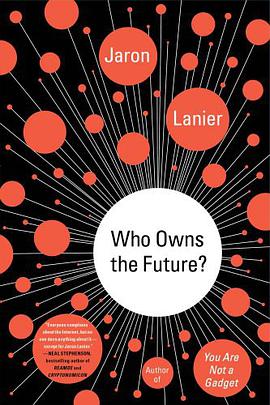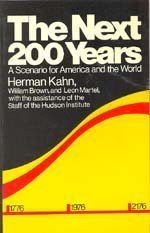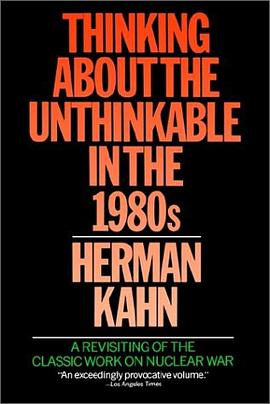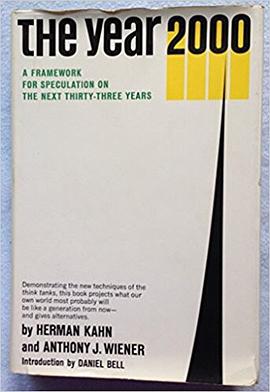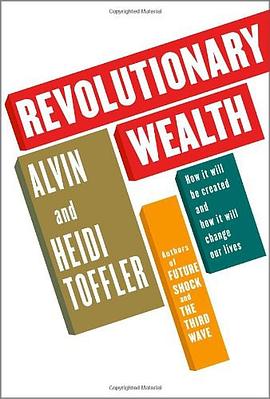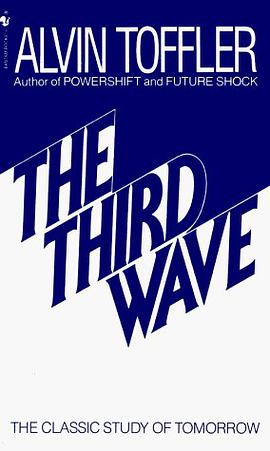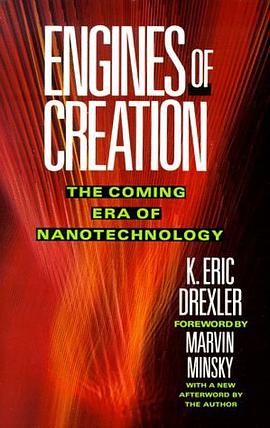Buckminster Fuller (1895–1983) was an architect, engineer, geometrician, cartographer, philosopher, futurist, inventor of the famous geodesic dome, and one of the most brilliant thinkers of his time. For more than five decades, he set forth his comprehensive perspective on the world’s problems in numerous essays, which offer an illuminating insight into the intellectual universe of this renaissance man. These texts remain surprisingly topical even today, decades after their initial publication.
While Fuller wrote the works in the 1960’s and 1970’s, they could not be more timely: like desperately needed time-capsules of wisdom for the critical moment he foresaw, and in which we find ourselves. Long out of print, they are now being published again, together with commentary by Jaime Snyder, the grandson of Buckminster Fuller. Designed for a new generation of readers, Snyder prepared these editions with supplementary material providing background on the texts, factual updates, and interpretation of his visionary ideas.
Initially published in 1969, and one of Fuller’s most popular works, Operating Manual for Spaceship Earth is a brilliant synthesis of his world view. In this very accessible volume, Fuller investigates the great challenges facing humanity, and the principles for avoiding extinction and “exercising our option to make it”. How will humanity survive? How does automation influence individualization? How can we utilize our resources more effectively to realize our potential to end poverty in this generation? He questions the concept of specialization, calls for a design revolution of innovation, and offers advice on how to guide “spaceship earth” toward a sustainable future.
And it Came to Pass – Not to Stay brings together Buckminster Fuller’s lyrical and philosophical best, including seven “essays” in a form he called his “ventilated prose”, and as always addressing the current global crisis and his predictions for the future. These essays, including “How Little I Know”, “What I am Trying to Do“, “Soft Revolution”, and “Ethics”, put the task of ushering in a new era of humanity in the context of “always starting with the universe”. In rare form, Fuller elegantly weaves the personal, the playful, the simple, and the profound.
Utopia or Oblivion is a provocative blueprint for the future. This comprehensive volume is composed of essays derived from the lectures he gave all over the world during the 1960’s. Fuller’s thesis is that humanity – for the first time in its history – has the opportunity to create a world where the needs of 100% of humanity are met. This is Fuller in his prime, relaying his urgent message for earthians critical moment and presenting pioneering solutions which reflect his commitment to the potential of innovative design to create technology that does “more with less” and thereby improves human lives . . . “This is what man tends to call utopia. It’s a fairly small word, but inadequate to describe the extraordinary new freedom of man in a new relationship to universe - the alternative of which is oblivion.” Buckminster Fuller.
